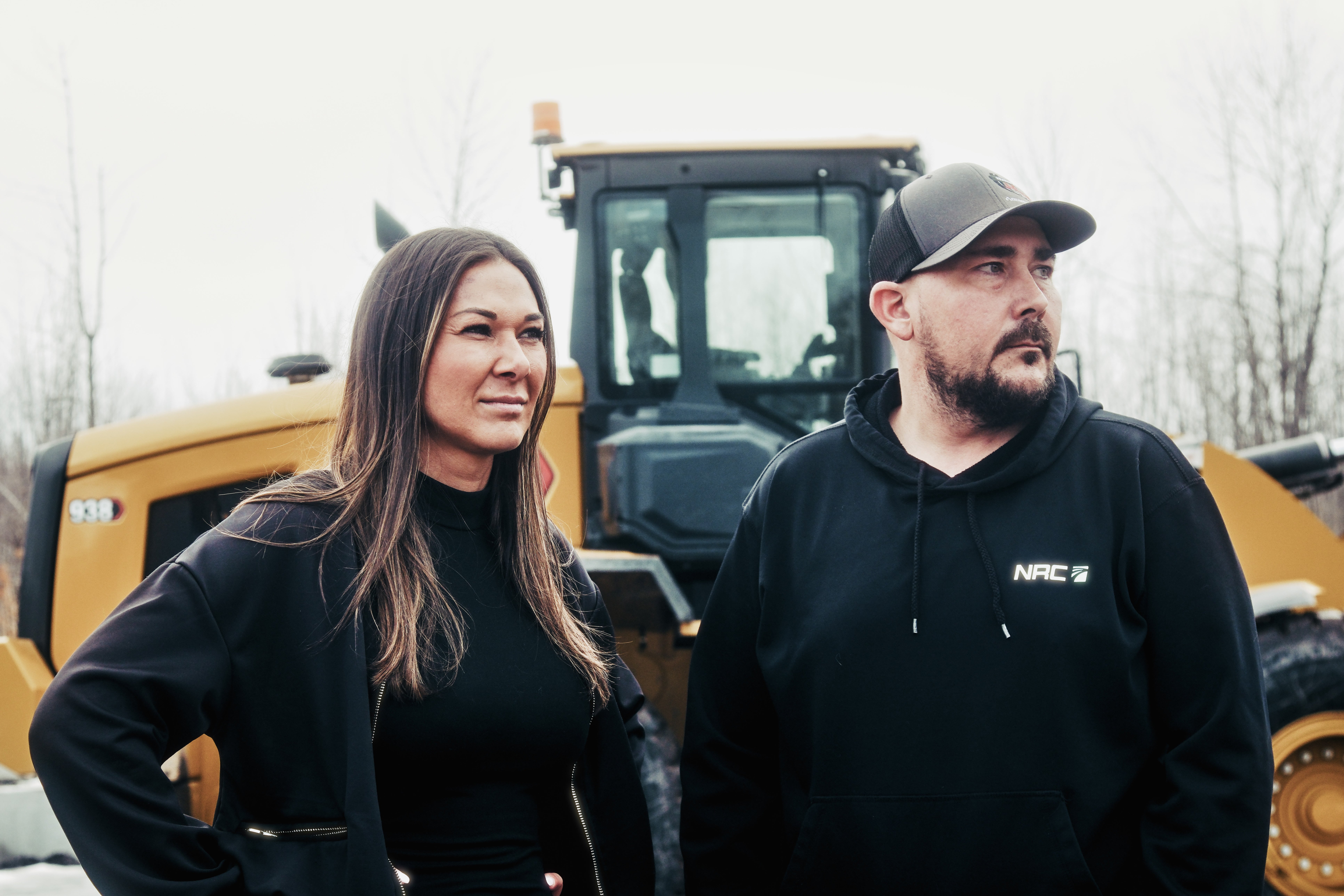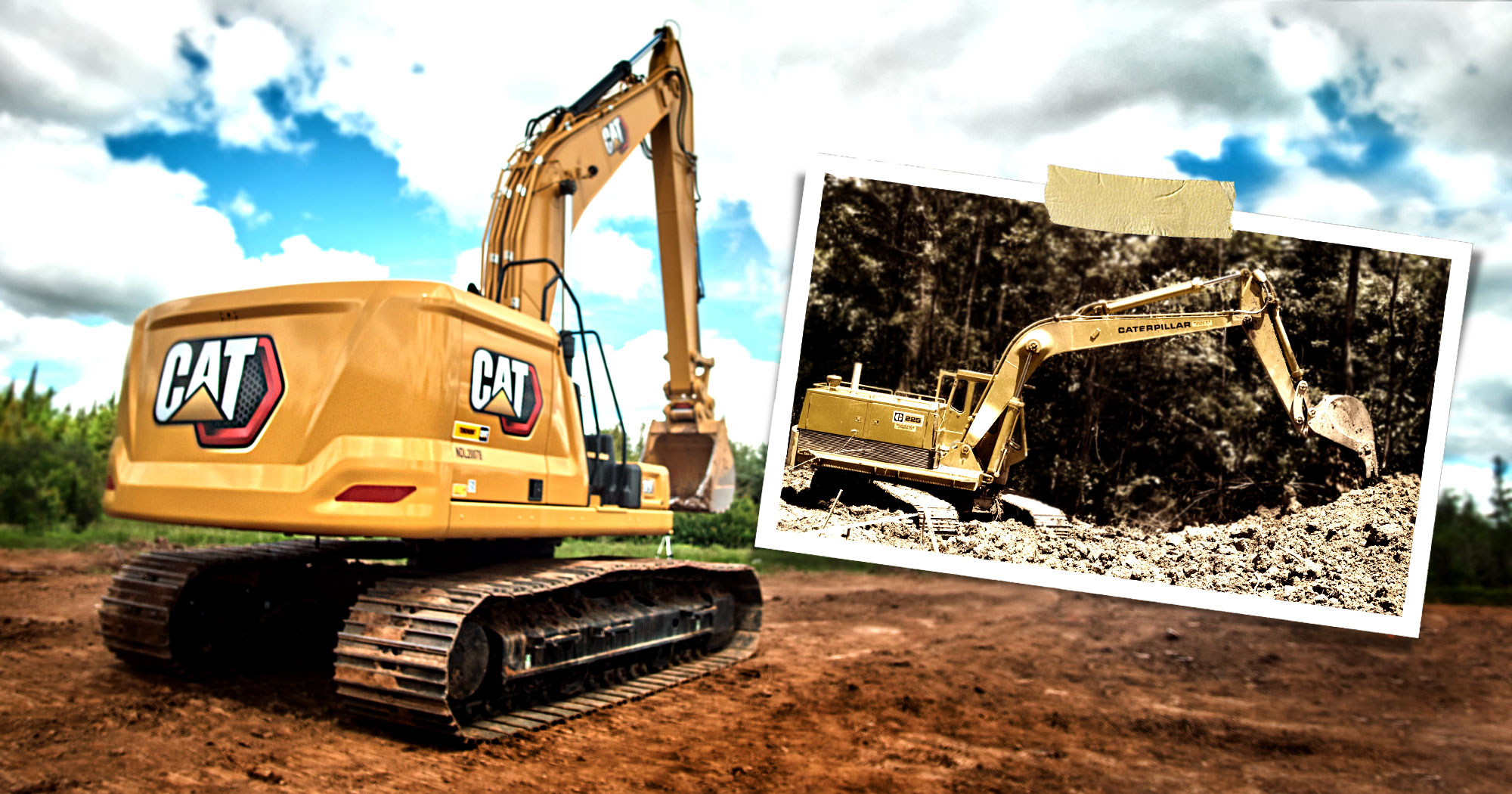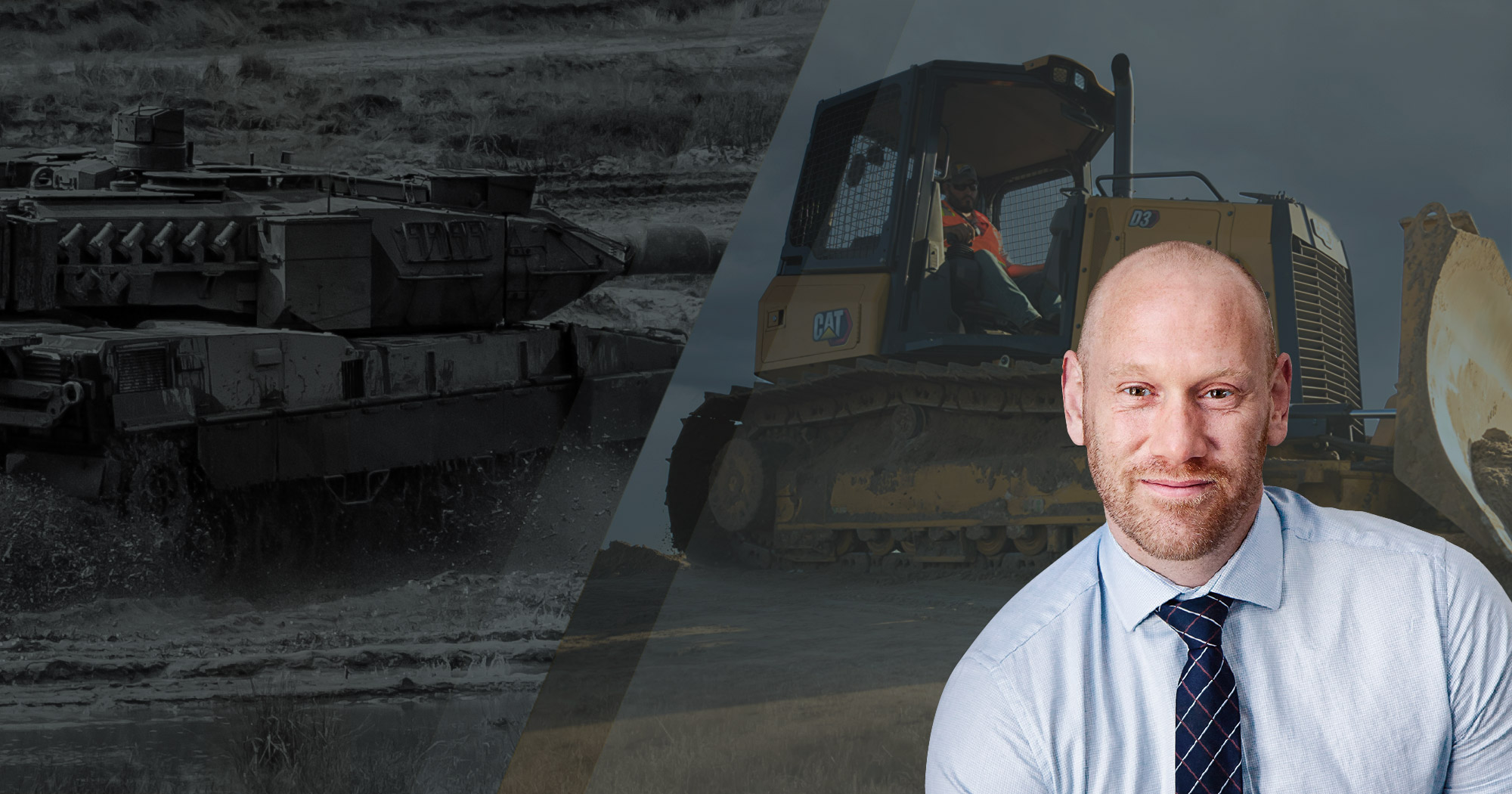
How veteran Andrew Booth jumpstarted his civilian career as a Cat Heavy Equipment technician
This week we sat down with Andrew Booth, one of our finest licensed Cat Heavy Equipment technicians and a veteran who joined the Armed Forces as a vehicle tech in 2001.
We asked him how he made the transition from helping to keep our country safe as a Military Vehicle Technician to building a better tomorrow in the private sector as a Cat-certified heavy equipment technician, and why other veterans should think about doing the same.
Life in the Service
Born in Newmarket, Ontario, Booth always had a love of engines and heavy duty machinery. But it wasn’t until a mentor in high school encouraged him to turn his passion into a career that he seriously considered becoming a professional mechanic.
When the military offered free training and a chance to work on heavy machinery, Andrew said ‘sign me up.’
“It just seemed like the most bang for my buck,” Booth says, seeing the opportunity as the perfect place to build a career that matched his aptitudes.
He spent nearly a decade in the service, honing his skills as a technician until the day came when he was ready to move on.
Like a lot of veterans, Booth wondered how to spend his time as a civilian. While a lot of military-certified machine techs end up staying with the civil service, Booth had his eye on the private sector, where there tends to be a wider range of opportunities – and higher pay.
Enter Toromont Cat
Booth leveraged his skills as a mechanic and earned his Cat Heavy Equipment certification through Toromont Cat. While he appreciates his time in the military, he sees life as a licensed Cat Heavy Equipment technician as a natural fit for his talents after he left the service.
Booth emphasizes that one thing that Toromont Cat and the Canadian Armed Forces both offer is support.
“If you love being a mechanic, if you enjoy the trade, then Toromont provides more training,” he says. “You can really grow as a technician.”
He likes that Toromont gives him the chance to test his skills on a variety of machines and equipment.
“You spend a lot more time working wrenches and being exposed to the gear in Toromont,” Booth says, whereas in the military there’s a lot of other responsibilities – “Soldier stuff,” he laughs.
He also appreciates the opportunity to be part of a team that has each other’s back – something Booth liked about being enlisted.
And, he says with a smile, the pay is great, too.
Trade Transition Program
When asked why more veterans don’t think about joining Toromont, Booth suspects it’s a matter of not realizing the opportunity is there in the first place.
As he puts it, compared to the military, “Your growth as a mechanic is far superior as part of Toromont.”
Which is why he cites the Trade Transition Program as a way for veterans like him to take the skills they already have and leverage them into a new career, a lot of these skills are easily transferable. Booth credits the commitment of Toromont Cat to supporting its techs throughout the training process as a factor in his success.
“The beauty of this trade is that everybody helps each other, and there’s no one person who knows it all,” he says. “So you really get a diverse group to perform at your best as a mechanic and as a shop.”
Booth is careful to point out that the Trade Transition Program isn’t an apprenticeship - it’s a chance to get paid a competitive salary, with benefits, while working towards certification as a Cat Heavy Equipment technician.
Skilled mechanics and technicians enrolled in the Trade Transition Program get all the support they need, including mentorship and coaching, to get their Red Seal and earn certification as a Cat Heavy Equipment technician.
The length of the program varies, depending on your experience, but for Military vehicle techs like Booth the program generally lasts less than 6 months total.
Not Just for Veterans
The Trade Transition Program isn’t just for veterans. The program is designed to support a diverse group of skilled mechanics, including:
- Licensed Trucks & coach mechanics 310T
- Licensed Automotive mechanics
- Heavy equipment mechanics without license
- Military vehicle mechanics (with military certification)
The learning doesn’t stop when you complete the program – and your ability to build your career doesn’t either.
Booth cites the potential for growth in Toromont as a big selling point for participating in the Trade Transition Program. “I’m living proof that you can move on from being a small time mechanic to higher positions.”
Booth is now a Machine Rebuild Specialist and loves his job.
So whether you’re a veteran with experience working on military vehicles or a mechanic with or without a license, we want to talk to you.


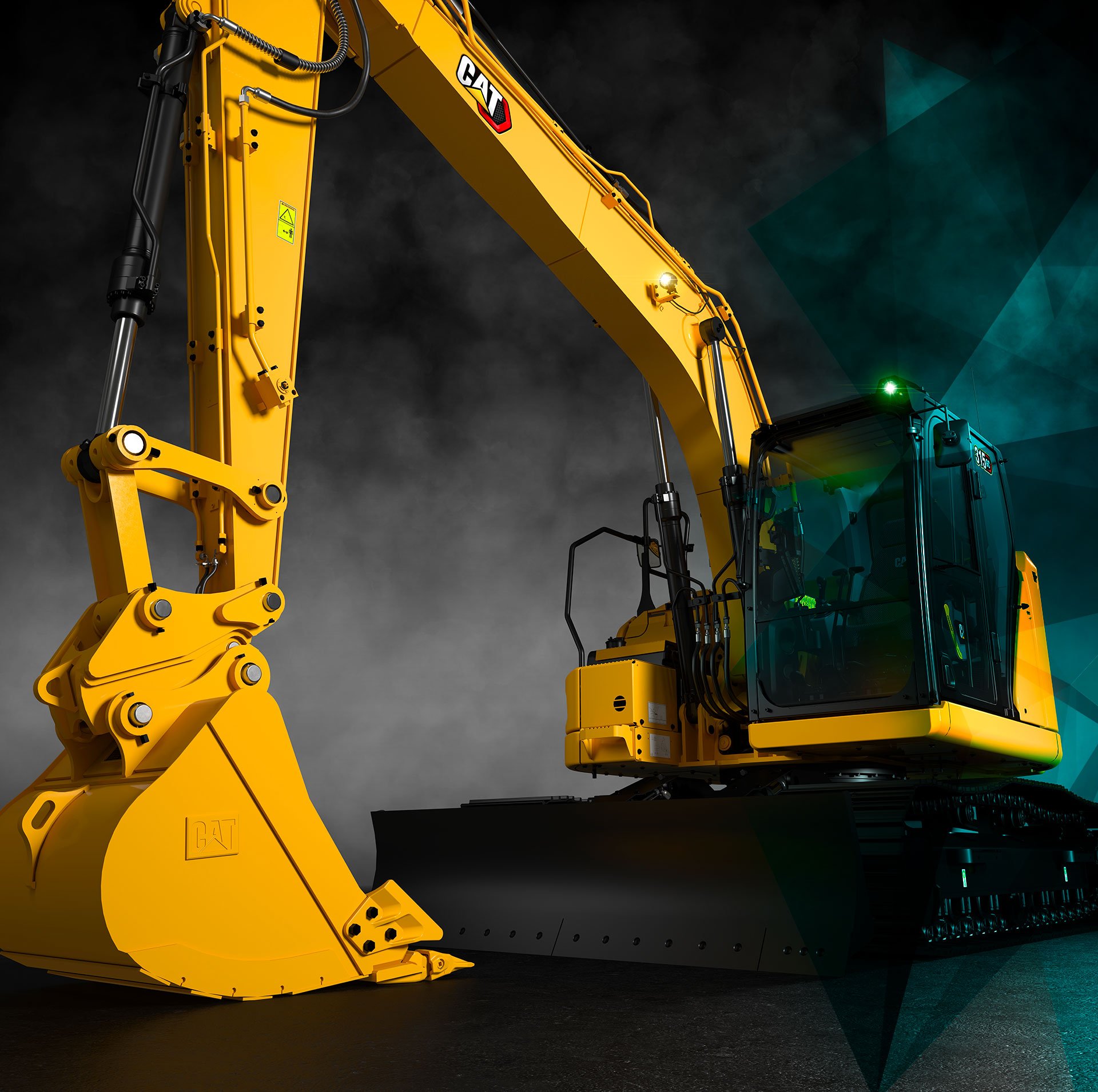
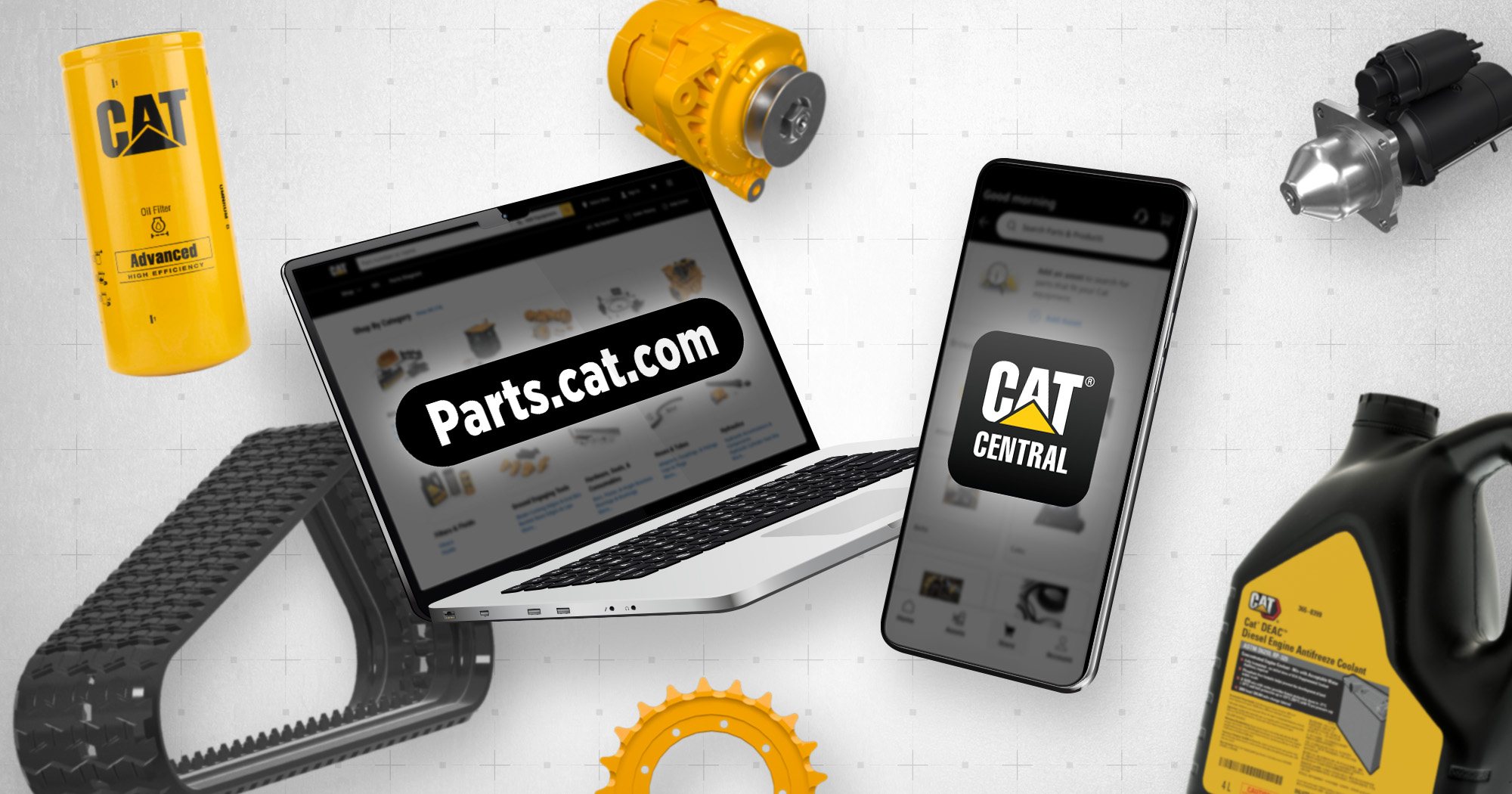


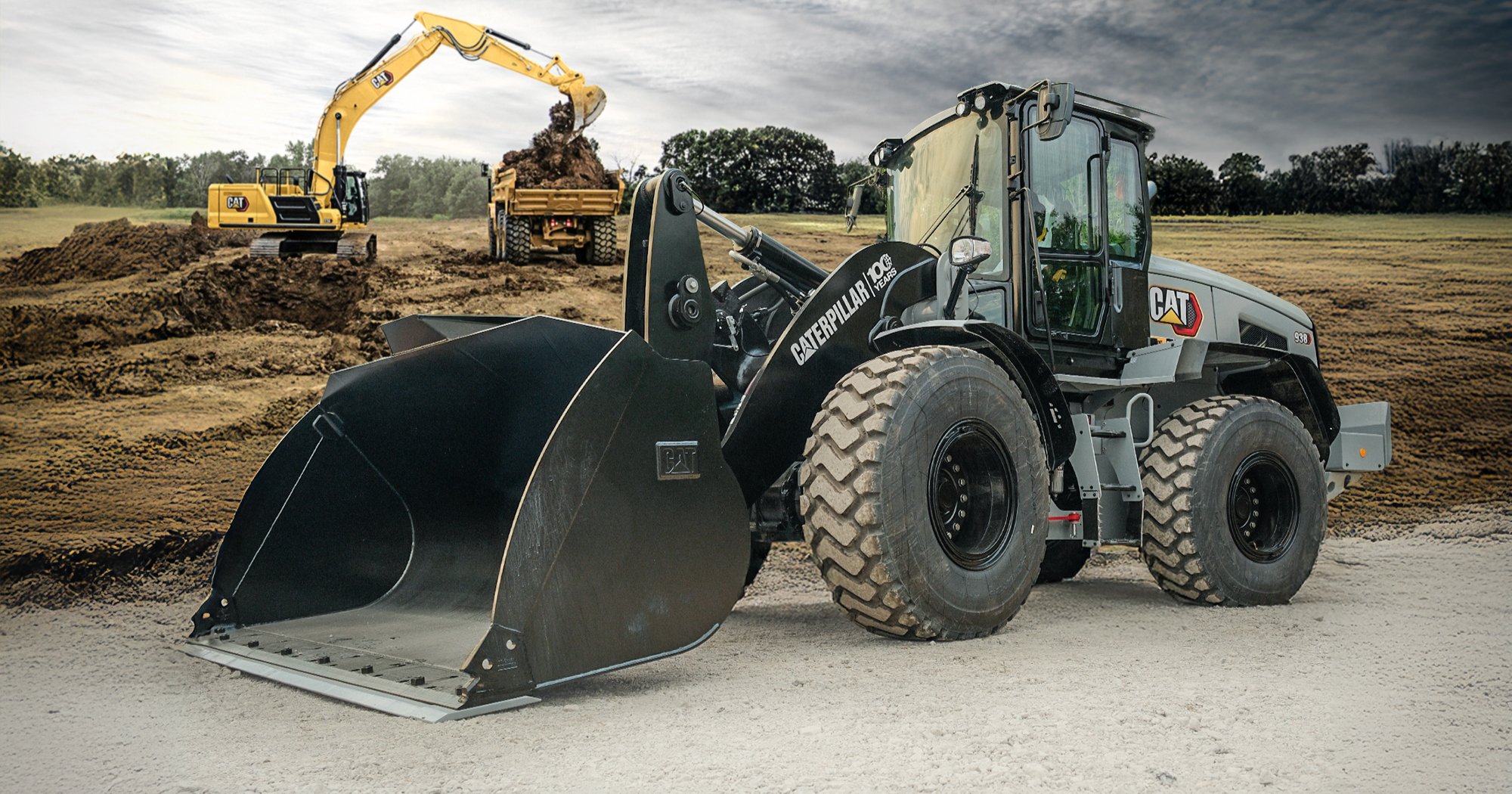

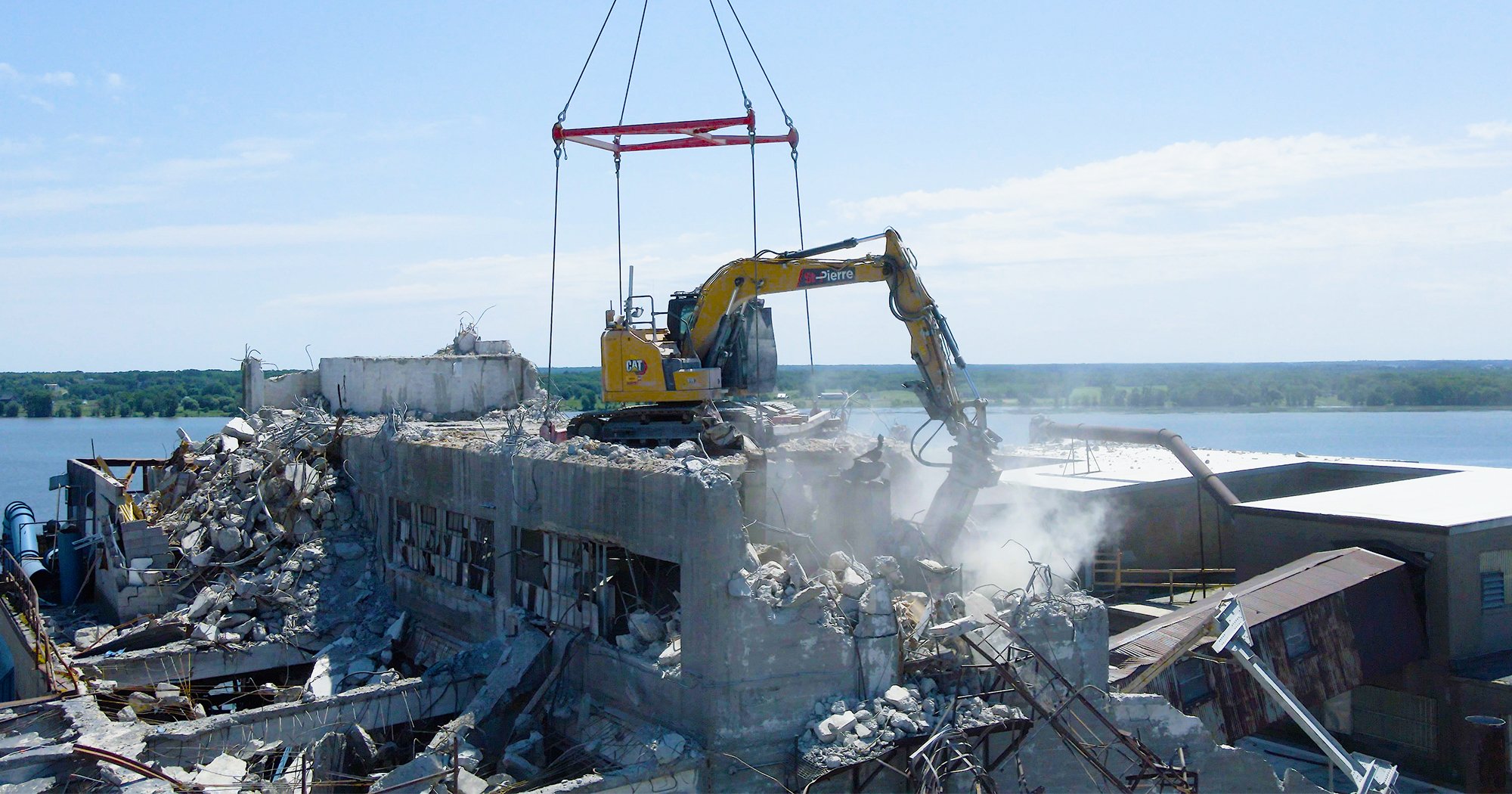
.png)
